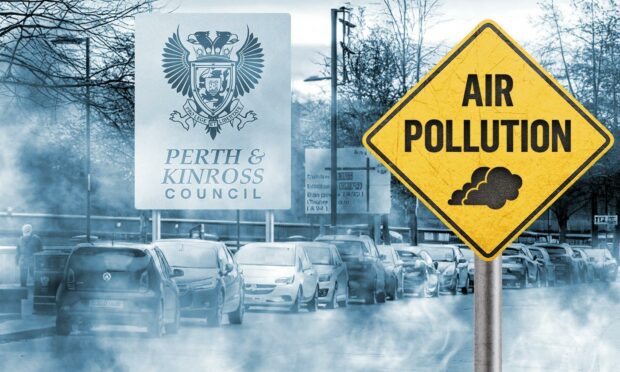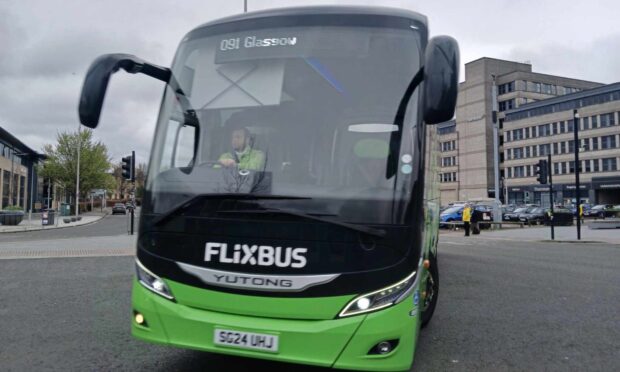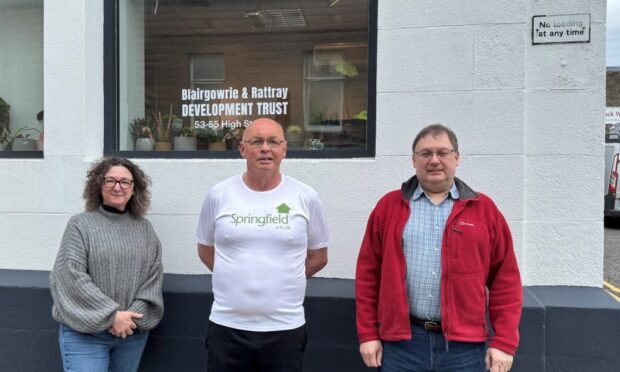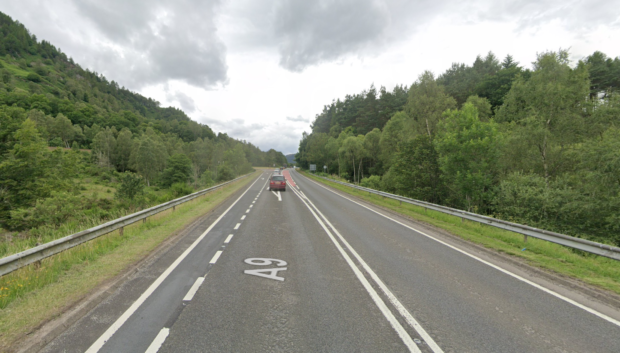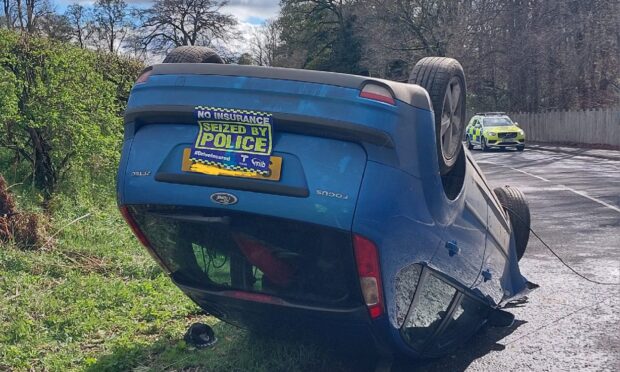Drivers who leave their car engines running when idle will be fined in a new crackdown by Perth and Kinross Council.
Parking wardens will issue the penalties in a bid to reduce pollution in the area.
Initially drivers will be “encouraged” not to leave engines running when stationary but fines will be issued if people do not comply.
The crack-down will focus on high-pollution areas including Crieff and Atholl Street and Bridgend in Perth.
What sparked the action?
Pollution from transport amounts to 52% of all carbon dioxide emissions in Perth and Kinross, 45% of which comes from cars.
Idle vehicles produce 20 times more pollution than if they were travelling at 32mph.
It is hoped this change will allow pollution levels in the area to reduce and improve.
Vehicle idling is already an offence against the Road Traffic (Vehicle Emissions) (Fixed Penalty) (Scotland) Regulations 2003.
Will the changes be enforced?
The council has confirmed this change will initially only be encouraged by parking officers but non-compliance will lead to fines.
Alongside their regular duties, parking attendants will respond to complaints about idling cars and ensure drivers are following the rules.
The new approach will see wardens ask drivers to switch off their engines if not moving and explain why it is harmful to leave it running.
If motorists refuse to switch off their engines they could be given a £20 fixed penalty notice.
‘Smallest of steps’
But Angus Forbes, the council’s environment and infrastructure convenor, said he is hoping no penalties will be required.
“We adopted our climate change strategy and action plan last year and promised to look at ways we could improve air quality and reduce emissions,” he said.
“Formally adopting an anti-idling policy is not about penalising drivers – we don’t expect to have to issue many fixed penalty notices, if any.
“Instead it’s about encouraging drivers to take the smallest of steps to help the environment.”
“This process will be undertaken by our parking attendants who are already on the streets every day, they will respond to complaints or proactively visit areas where there is a problem or simply stop to speak to a driver if they are sitting in their car with the engine running.
“The emphasis is very much about engagement, no one wants to issue a fixed penalty and that will be the very last resort.
“When a motorist leaves their engine running, one of our officers, such as a traffic warden, would speak to them asking them to switch off the engine and explaining why.
“Every change we make, no matter how small, will help with our climate change ambitions and I think the vast majority of people will appreciate that.”
Councillors will be asked to approve the new strategy when the environment and infrastructure committee meets on March 14.
